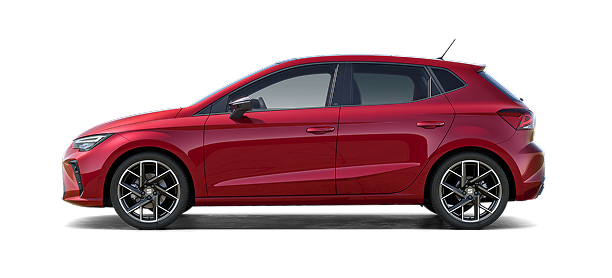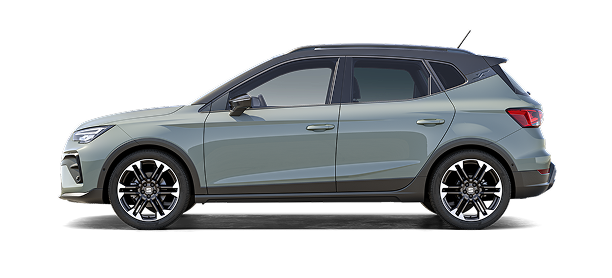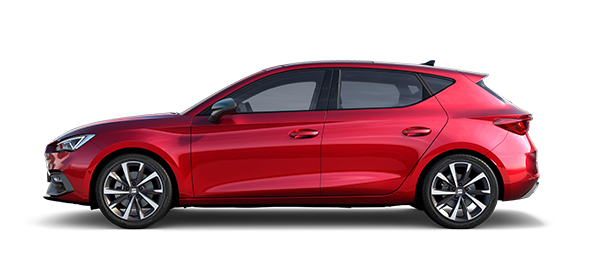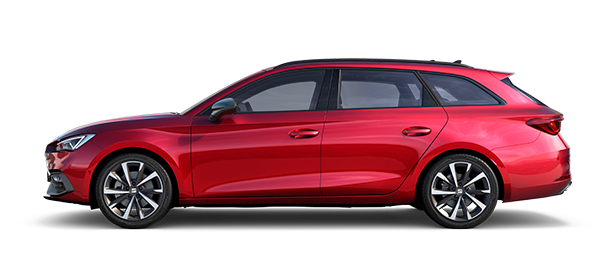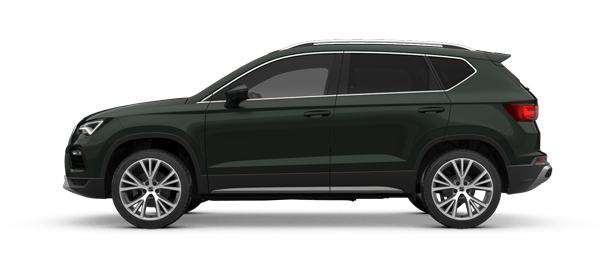Forest fire prevention, border patrol and even tax inspection. Drones can increasingly be seen in the sky and their purposes are constantly multiplying. Now there is a new use for them: transporting car parts. Partnering with Grupo Sesé, SEAT has implemented a pilot project that enables drones to deliver components from the logistics centre to the assembly workshops in only 15 minutes. The first drone delivery of a steering wheel went as follows:
“Activating the Drone Protocol”
This statement kicked off the entire operation. A specific steering wheel is required in the assembly workshop and the protocol is activated. The order is received at the Grupo Sesé Logistics Centre, the part is loaded into a carbon fibre capsule which weighs 5.5 kg and is firmly attached to the drone with an electromagnet . The steering wheel is now ready for airborne delivery from the launch pad.
In the air
Measuring 1.7 metres in diameter, the drone takes off and covers the 2 kilometre distance separating the logistics centre and the SEAT assembly workshop. The drone flies autonomously at a height of 95 metres over the factory roof at 40 km/hour. It only takes 4 minutes from take-off until the drone drops off the capsule at its destination. The complete process lasts 15 minutes in total after activating the protocol and the steering wheel is ready for installation on the production line.
Faster, more flexible, more sustainable
“With this innovation, we are boosting Industry 4.0 and will be more efficient, agile and competitive, as well as much more sustainable”, said SEAT Vice-president for Production and Logistics Dr. Christian Vollmer. Furthermore, this system is emissions-free as drones run on electric batteries. The reduction in CO2 emissions could amount to 1 tonne every year.
Safety first
SEAT launches a pioneering project that uses drones to transport parts.
“We've tripled safety on this project. The most important aspect was that the drone had a large load capacity and to streamline its construction to the maximum. In addition to its 6 motors, we've equipped it with 3 GPS, 6 batteries and 3 IMU (Inertial Measurement Units), which are the inner workings of the drone”, says TSA Centre pilot Toni Caballero. Furthermore, this groundbreaking project is being carried out under the supervision of the Spanish Aviation Safety Agency (AESA).CUOA Business School is a prestigious Italian business school that was founded in 1957 with the aim of contributing to the dissemination of business culture, which it also views as a social commitment. During the ceremony, the business school presented its 48 masters programme students with their executive MBA.
The sky isn't the limit for the future
The initial use of drones at the Martorell factory is for the periodic transport of steering wheels and airbags, with a view to taking the service further. “Drone transport is going to revolutionise logistics, as for example in the case of SEAT, where it will reduce part delivery time by 80%”, says Christian Vollmer. Drones are an aspect of SEAT's smart factory strategy, which includes implementing disruptive technologies to consistently improve production processes and provide customers with greater speed and flexibility. For the moment, some of them will have their hands on a steering wheel that came from the sky.
